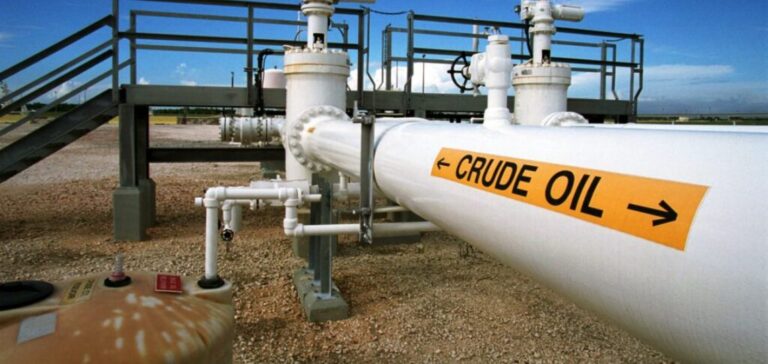Wood Mackenzie has announced that the average price of Brent crude oil is expected to reach $73 per barrel in 2025. This forecast considers major geopolitical and economic factors, such as potential peace talks between Russia and the United States regarding the Ukraine conflict, as well as ongoing international sanctions against Iran and trade tariffs. These elements significantly influence global supply and demand dynamics in the oil market.
Wood Mackenzie’s analysis estimates that global oil demand will increase by 1.2 million barrels per day (b/d) in 2025, while non-OPEC production is expected to grow by 1.5 million b/d. This supply growth exceeding demand creates challenges for OPEC+ (the Organization of the Petroleum Exporting Countries and 10 non-OPEC countries), which will need to manage market balance to maintain stability.
Supply and demand dynamics in 2025
Ann-Louise Hittle, Vice President of Oils Research at Wood Mackenzie, explained that strong production outside OPEC poses a challenge for the organisation, particularly in maintaining market equilibrium. Brent prices are expected to decline throughout the year, from $77/barrel in the first quarter to $70/barrel in the fourth quarter of 2025, reflecting OPEC+’s delicate management of supply.
The projection assumes that OPEC+ will continue its current plan to ease production cuts by 2.2 million b/d between April 2025 and September 2026, depending on market conditions. Regional demand is expected to be driven by the Asia-Pacific region, with China and India leading the growth. Non-OECD countries are forecasted to see an increase of 1.2 million b/d, while OECD countries are expected to experience a slight contraction.
Geopolitical uncertainties and risks
Wood Mackenzie’s forecasts also account for major uncertainties, such as the potential lifting of US sanctions against Russia, the impact of trade tariffs on global GDP growth, and the effects of sanctions on Iran’s oil production. Additionally, the global industrial recovery could support oil demand, although at a limited level compared to pre-pandemic levels.






















